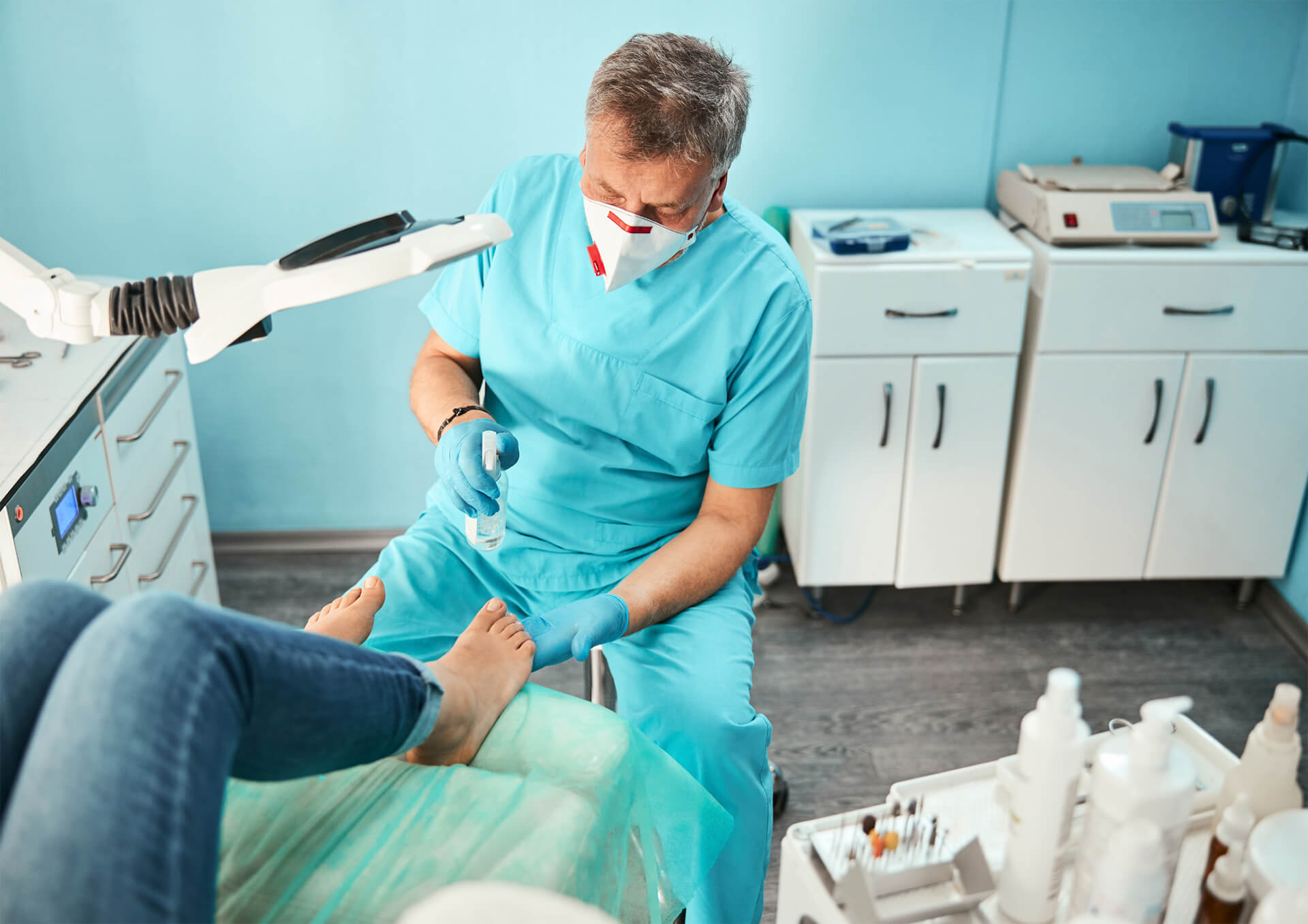Now that the weather is starting to warm up, it’s more important than ever to stay hydrated. Dehydration is common in the elderly for a number of reasons including:
- Decreased ability to recognise thirst
- Forgetting to drink
- Increased urination
- Reduced ability to self hydrate
- Lower body water content
- Difficulty swallowing
Dehydration can lead to serious complications and require hospitalisation. This can have a negative impact on health as well as quality of life. It is therefore important to recognise the signs of dehydration in the elderly and know how to address them.
What to Monitor
Toileting
Have you noticed a change in your residents’ toileting? Are they going less frequently? Are their continence pads dryer than usual? These could be signs that they are dehydrated. When we are dehydrated, our body will conserve water by producing less urine. This results in a smaller volume of more concentrated (and stronger smelling!) urine. Once hydrated, our body will do the opposite. Noticing these changes can give you clues about a resident’s hydration status.
Skin
Skin can tell us a lot about hydration. If it appears dry or fails to return to normal after being gently pressed/pinched then your resident may be dehydrated. Follow up by observing how their mouth and lips look. Dry, cracked lips and saliva that appears sticky and thick all point to dehydration. Even a small sip of fluid can help return the mouth to its normal condition, which has the added bonus of making it easier to eat and chew.
Energy Levels
It’s no secret that dehydration can increase levels of fatigue. This can cause a resident to sleep more which further drives dehydration. If you notice that a resident is participating less in activities, dehydration could be a possible factor.
Behaviour
Surprisingly, dehydration can cause changes to behaviour in the elderly. Do they seem less alert than usual? Are they complaining of a headache or dizziness? In some cases, dehydration can even cause delirium – a sudden and serious change in brain function resulting in significant confusion. Suspected delirium should be treated as a medical emergency.
Vital Signs
Dehydration can cause a number of changes to the vital signs including an increase in heart rate and breathing, and a decrease in blood pressure. This occurs because dehydration can decrease the total volume of blood in your body, which means your body has to work harder! In severe cases, this can require hospitalisation and rehydration through a drip.
What to Do
Offer Fluids
Offering regular drinks throughout the day is a good way to meet your residents’ fluid requirements. A variety of hot and cold drinks should be offered with every meal and snack, and be readily available at all times. Having a variety of different drinks will keep things interesting for the residents, as well as increase the likelihood that they will finish it.
Offer Snacks
It’s easy to forget that food also contributes to our fluid intake for the day. Foods such as yoghurt, custard, ice cream, jelly, fruits, and vegetables all have a high water content. Offering these foods regularly not only helps to keep your residents hydrated but also helps them meet their nutrition requirements.
Prompt and Encourage
Never underestimate the power of encouragement! Elderly people often forget to drink or forget that they have one on their table. Just a simple reminder can make a big difference. Try different prompts, such as asking the resident if they’re enjoying their drink or if they would like another one. Ensuring drinks are within reaching distance can also significantly improve intake.
If you are concerned about your residents’ nutrition and hydration, send a referral through to your Plena Healthcare dietitian.



